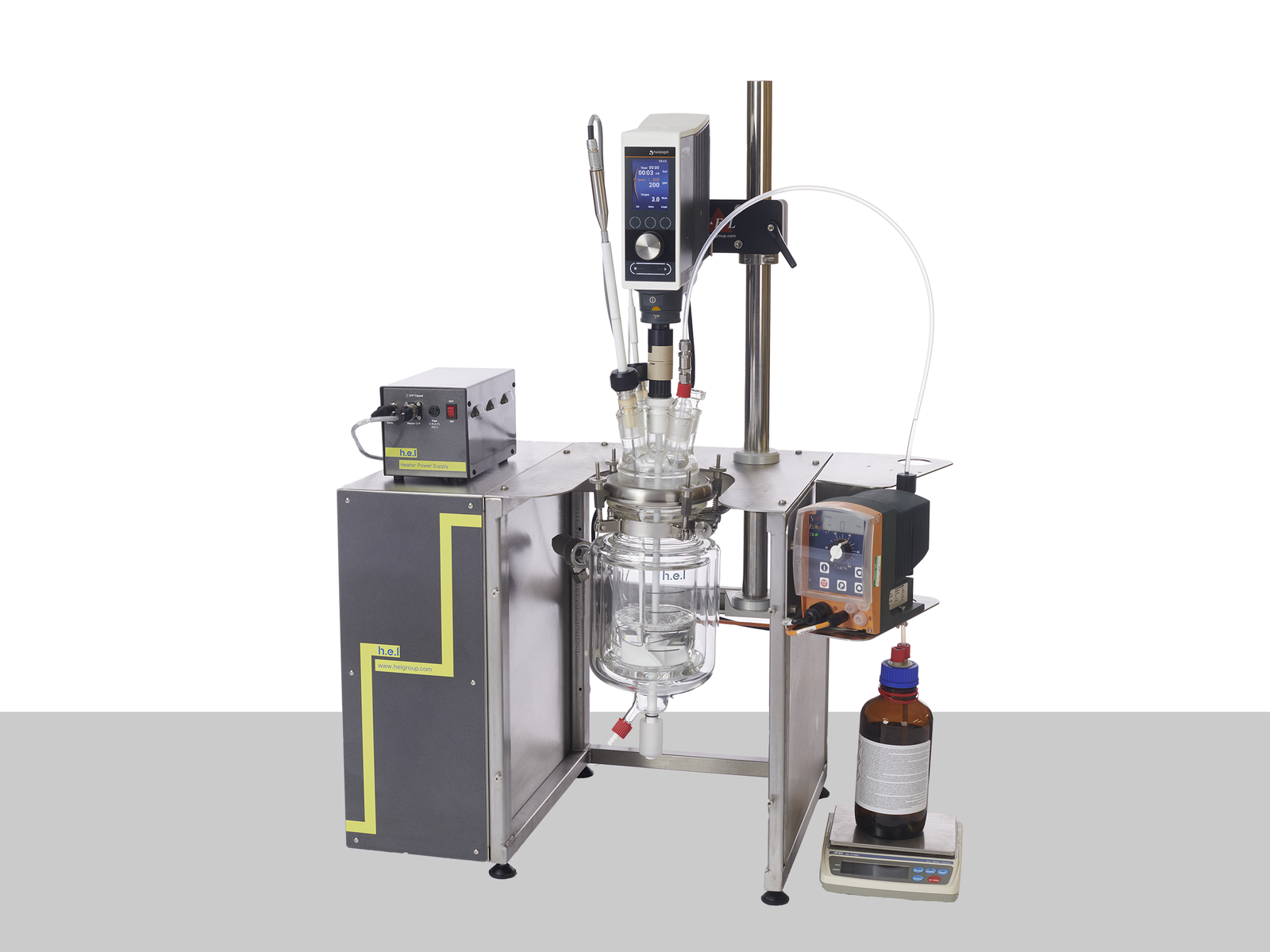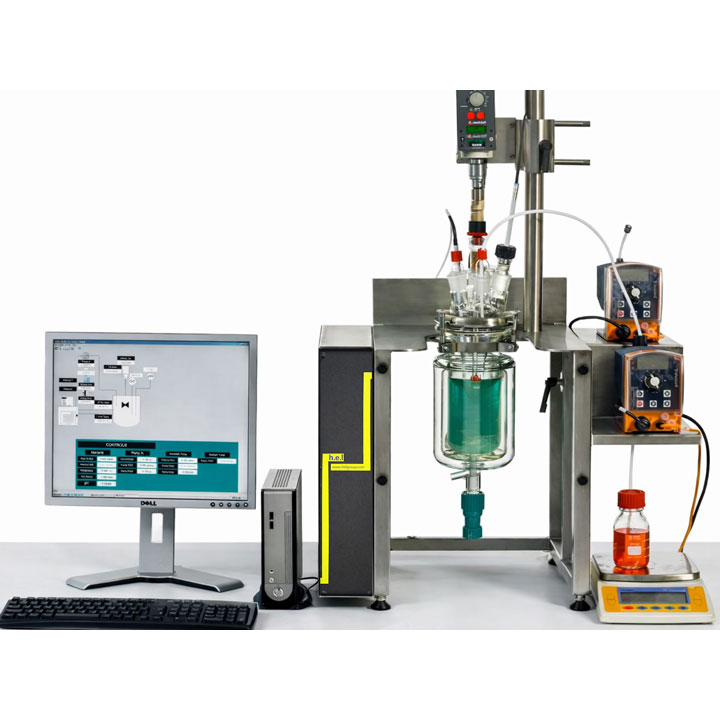Scale-Up
Why is the scale-up phase fundamental in process development?
Challenges in the scale-up stage
Scalability for market responsiveness
The primary motivation behind scaling up industrial processes is meeting the market demand for a product. However, the market shows fluctuations, increasing or decreasing the need for the desired product. The scale-up stage allows for considering the demand levels and evaluating the economic feasibility of the process. Developing a scalable strategy allows for agile and resilient responses to these changes, ensuring optimal production levels.
Non-linear scaling implications
Understanding the non-linear nature of specific parameters is crucial. Reactor size changes impact chemical reaction parameters, including kinetics, thermodynamics, and fluid dynamics. The previous stages aimed to identify the optimal conditions for the reaction, but these values often need readjustment. Reagent concentration, temperature, pressure, and stirring needs evaluation. Advanced reactors offer precise capabilities for monitoring and controlling the physical-chemical parameters, aiding in replicating laboratory-scale conditions and enhancing reproducibility in more extensive settings.
Early integration of scalability
Scaling consideration should be implemented in the process development pipeline as early as possible, preferably after the discovery and optimization phases are completed. A proactive approach aids in identifying where the main pitfall could be and addressing potential non-linear scale-up parameters.
Addressing critical questions
This phase can help to understand fundamental questions, such as equipment footprint requirement, allowing for planning early on and avoiding last-minute costly mistakes. Neglecting an appropriate scale-up phase can lead to underestimating plant capacity and suboptimal productivity.
Enhancing producibility and safety
Multi-liter reactors at intermediate scales are valuable for optimization before committing to full industrial scale. Jacketed reactors replicate conditions effectively. Safety concerns can be addressed through accurate data acquisition. Understanding the evaluation of temperature and pressure during the reaction is fundamental and should be closely monitored using accurate data acquisition systems. The results of this phase can help assess the process’s risks and put mitigation measures in place.
In summary, process scale-up is the fundamental bridge between laboratory-sale experiments and large-scale industrial production, aiming to ensure efficient and safe manufacturing. The key challenges are understanding the non-linear aspects of critical parameters, addressing market responsiveness, and integrating scalability early in the development pipeline. Furthermore, this phase enables the assessment of equipment requirements, enhancing reproducibility and safety through precise monitoring, ensuring optimal productivity in industrial settings.
Solutions
Jacketed reactors are a potent tool when aiming for the replication of large-scale processes. They enable efficiency studies of the desired reaction under representative conditions. Reaction rate, yield, and selectivity remain fundamental values to be optimized in this stage.
Closely mimicking the conditions likely to be encountered at the industrial scale, it is possible to improve these parameters. AutoLAB, as a highly configurable automated laboratory reaction system (including high pressures), enables users interested in unlocking the potential of their processes. AutoLAB supports optimizing parameters such as stirring, addition rate, and stirrer design. Operated by H.E.L’s own software, AutoLAB minimizes the likelihood of human error, increasing the reproducibility.
The safety of the process can be evaluated using members of the Process Safety family manufactured by H.E.L, especially Simular, operated as an isothermal calorimeter.

Simular | Process Development Reaction Calorimeter
This highly configurable system from the H.E.L product family excels in optimizing process...

AutoLAB | Bench-Top Automated Reactor System
H.E.L’s fully customizable AutoLAB reactor platforms are designed, configured, and tailo...


